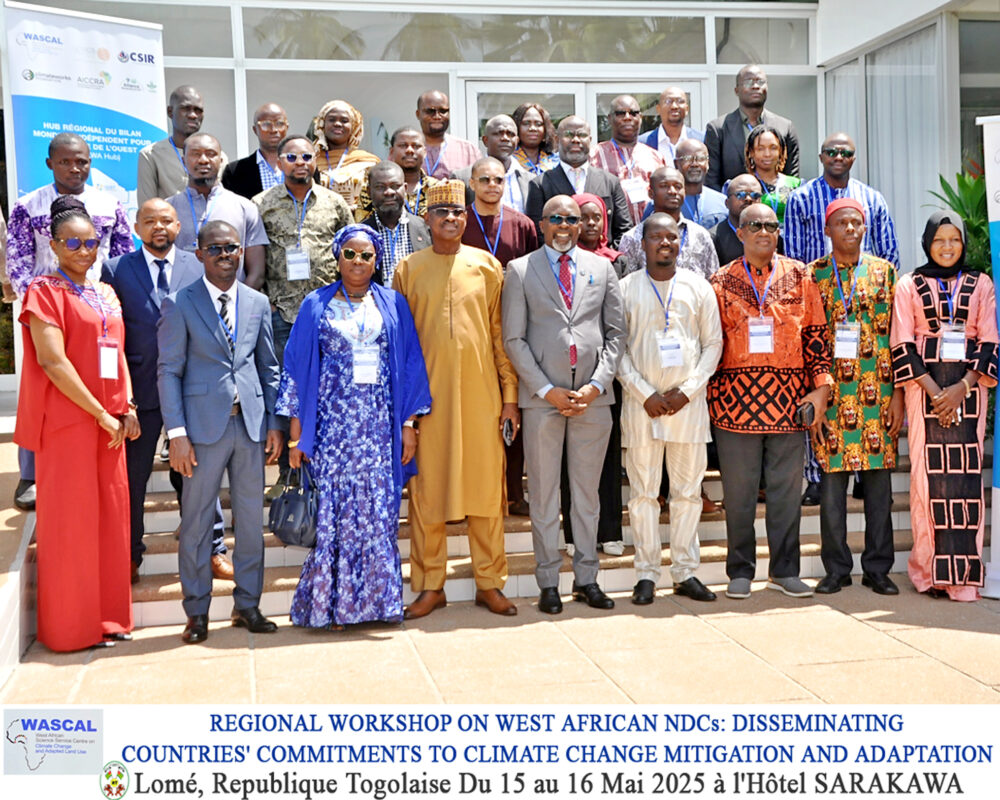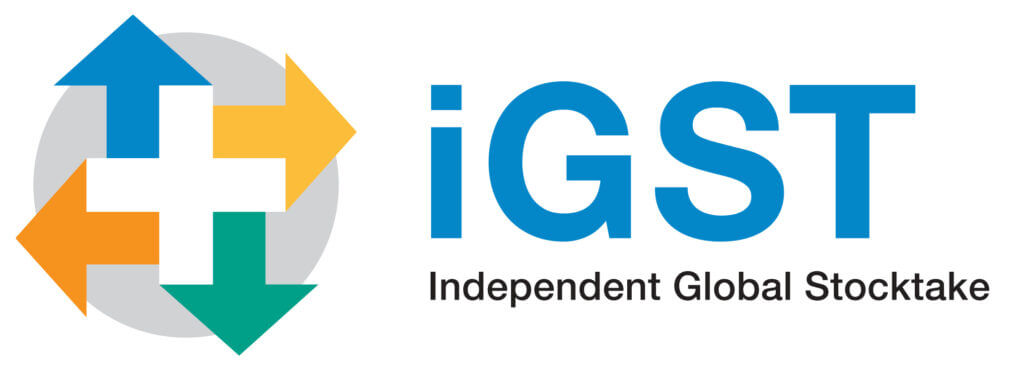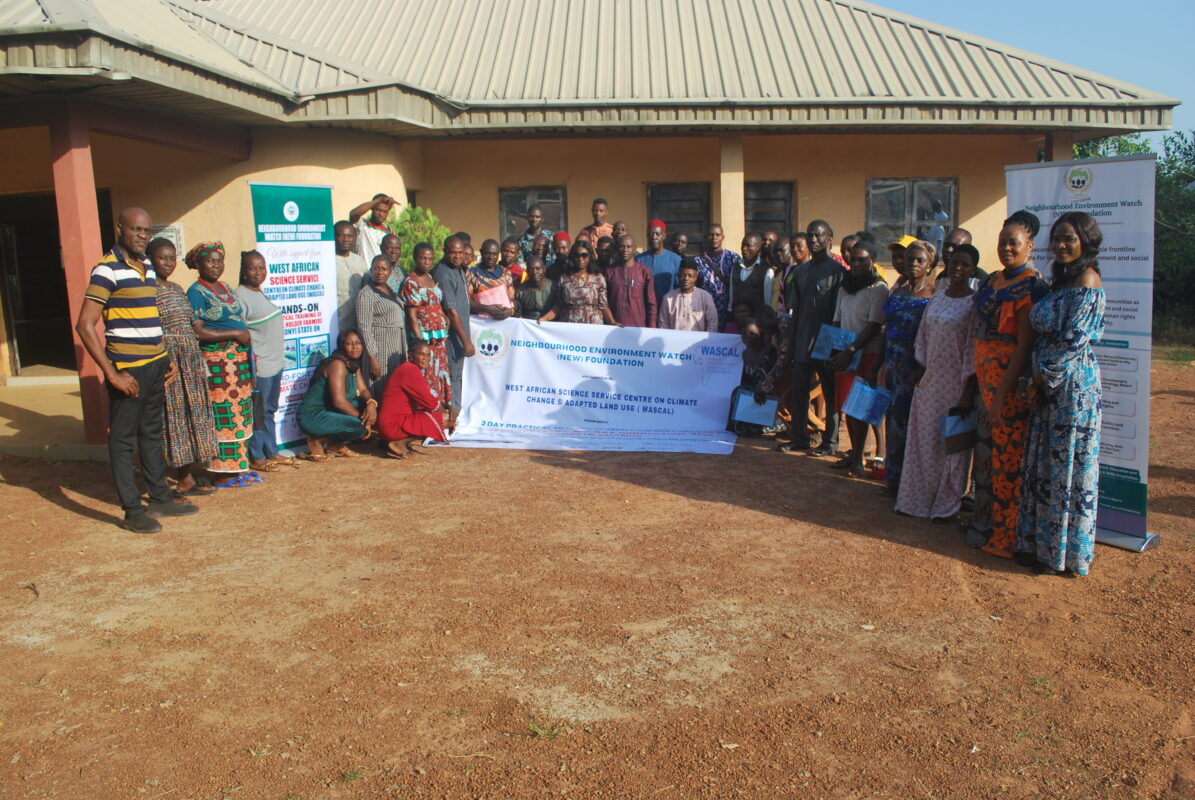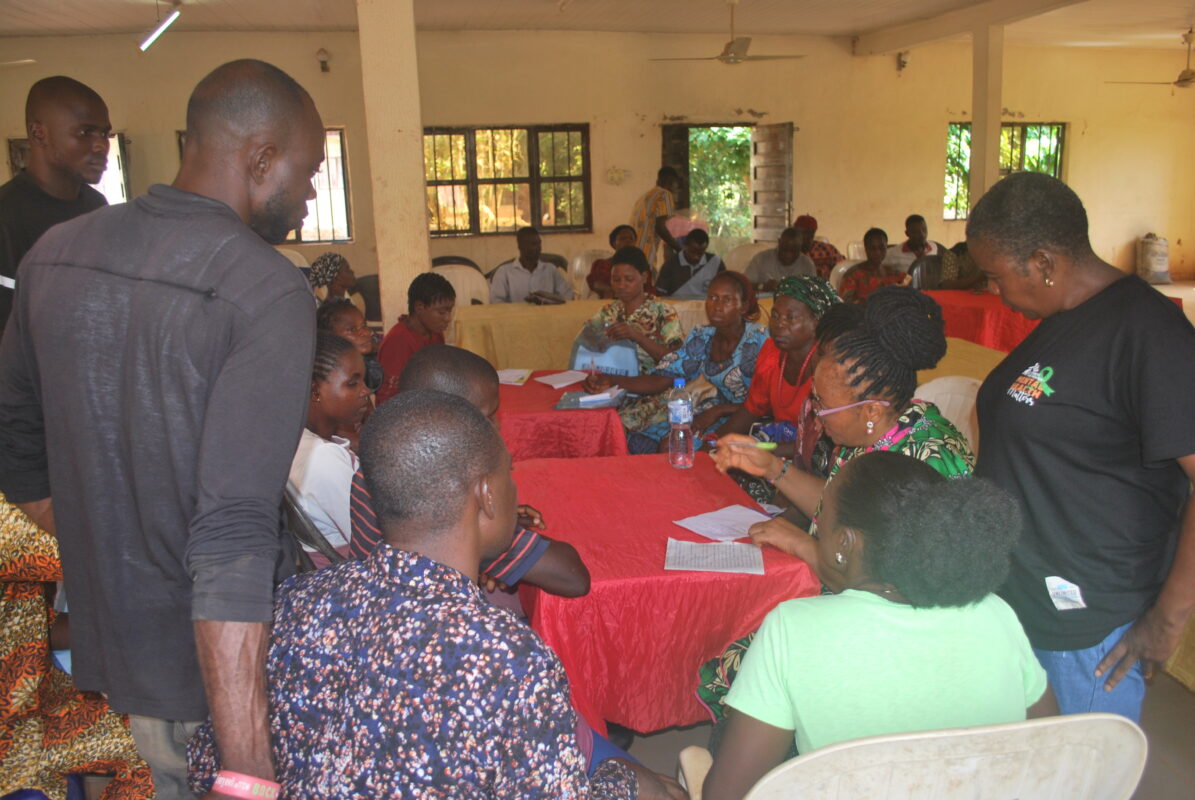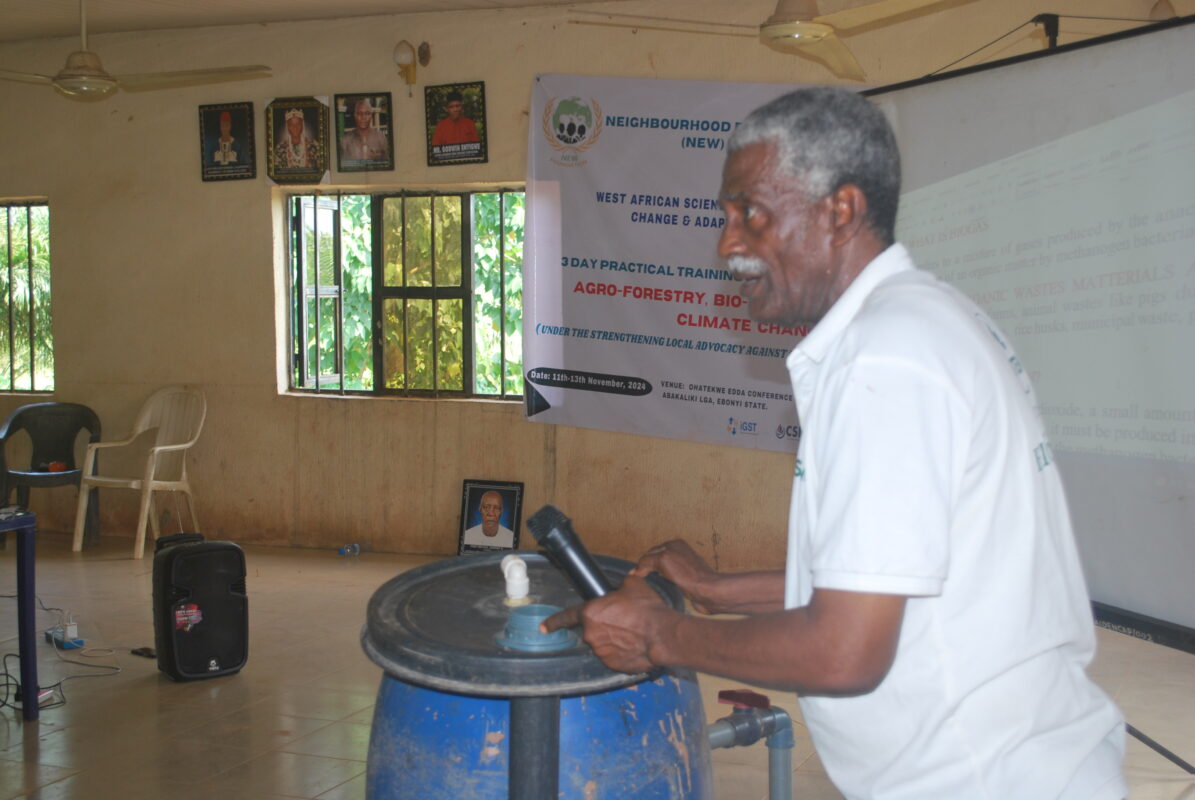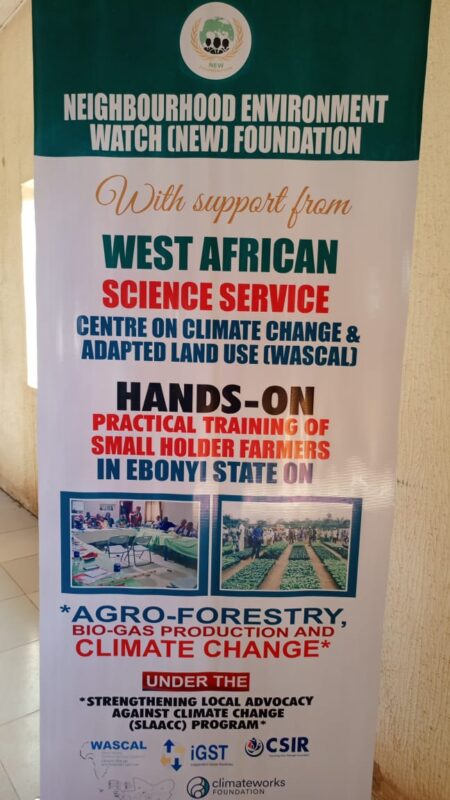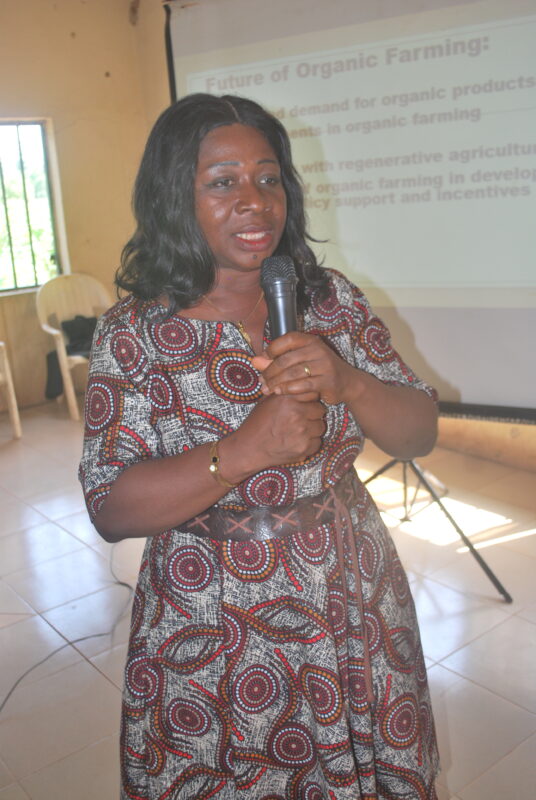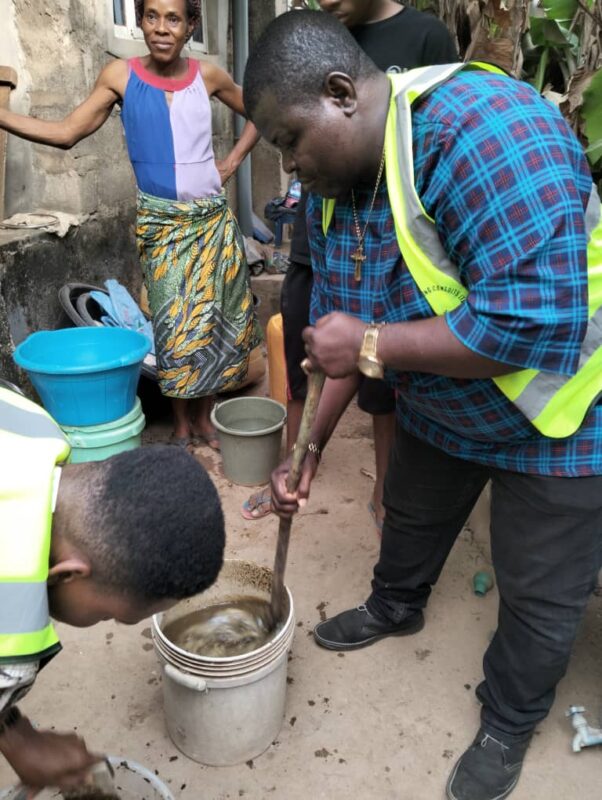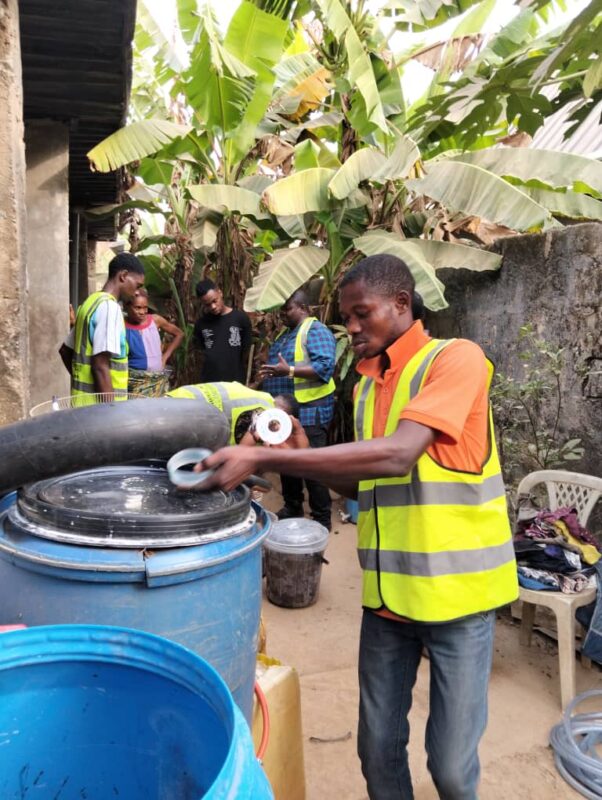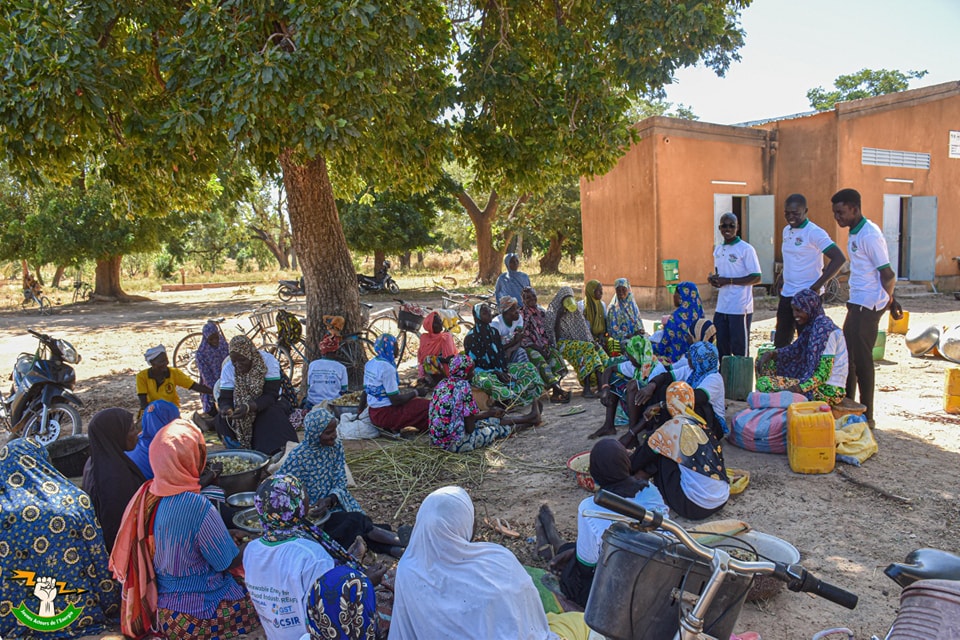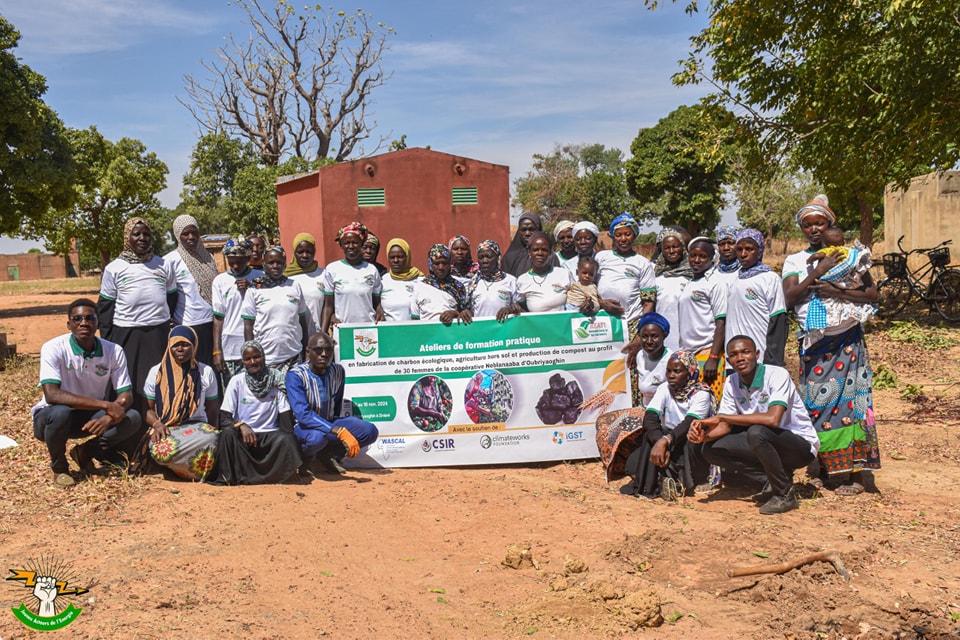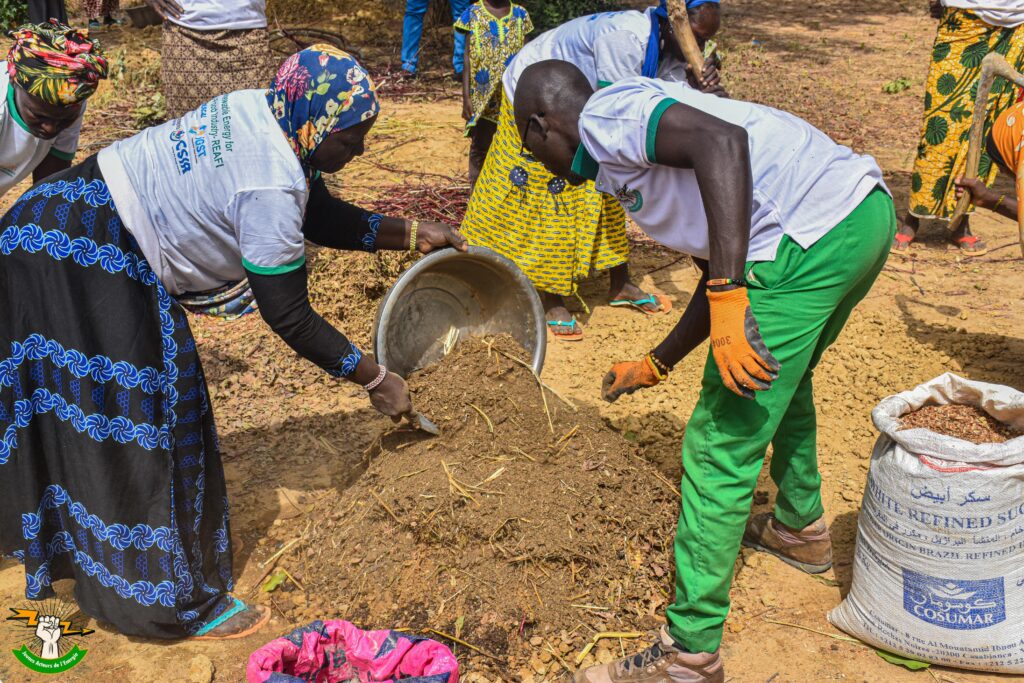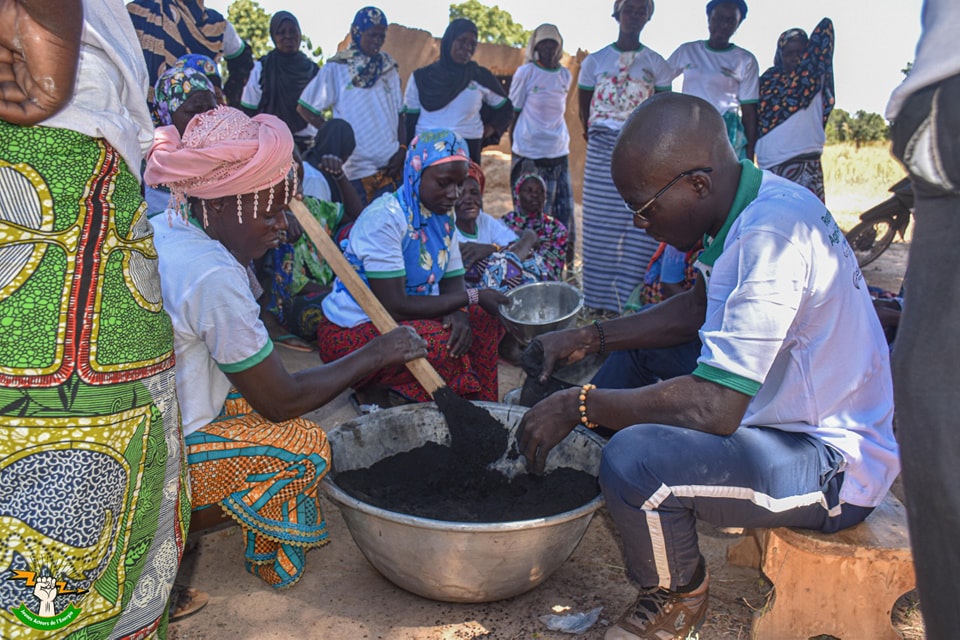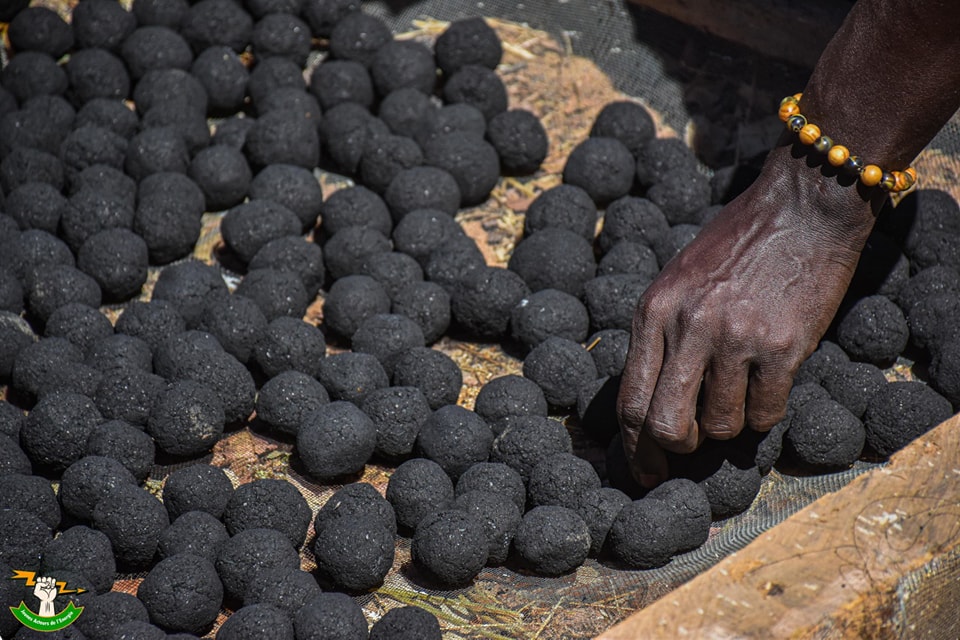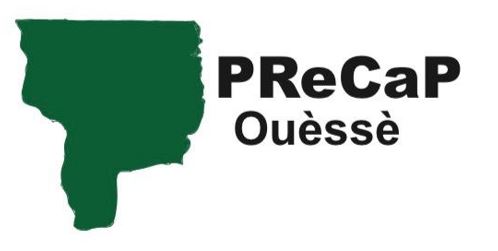In a significant step towards strengthening West Africa’s response to the global climate crisis, the West African Science Service Centre on Climate Change and Adapted Land Use (WASCAL), in partnership with ClimateWorks Foundation and the Alliance of Bioversity International and CIAT through the AICCRA project, successfully convened a pivotal regional workshop. Held from 15th to 16th May 2025 in Lomé, Togo, the event gathered over 35 in-person and 5 online participants, including UNFCCC and NDC Partnership National Focal Points from 14 West African countries, iGST WA Hub’s Focal Points from seven countries, young research fellows, and experts from partner institutions like the Council for Scientific and Industrial Research (CSIR) and UNDP.
The two-day workshop served as the official launchpad for a comprehensive, youth-led technical report analyzing the Nationally Determined Contributions (NDCs) of West African nations. The report is a core deliverable of the Independent Global Stocktake (iGST) West Africa Hub’s Young Fellowship Program.
In his opening remarks, Prof. Kehinde Ogunjobi, Deputy Executive Director of WASCAL, highlighted the strategic importance of the report, stating that the “iGST West Africa Hub has amplified the voices of women, youth, and vulnerable groups in climate governance.” He emphasized that the release of the findings is “both timely and strategic” and provides “essential inputs to help raise national climate ambition across West Africa.”
Participants universally acknowledged the report’s high relevance for shaping the ongoing development of their third-generation NDCs (NDCs 3.0), praising its potential to inform policies, sharing best practices, and promoting more inclusive and evidence-based planning.
This workshop underscores WASCAL’s unwavering commitment through the iGST WA Hub, alongside its partners, to ensuring that West African voices are heard and supported on the global stage. The region is poised to continue leading the charge for inclusive, science-based climate action as it moves towards the submission of enhanced NDCs and the pivotal COP30 in Brazil.
———————————————————————–
